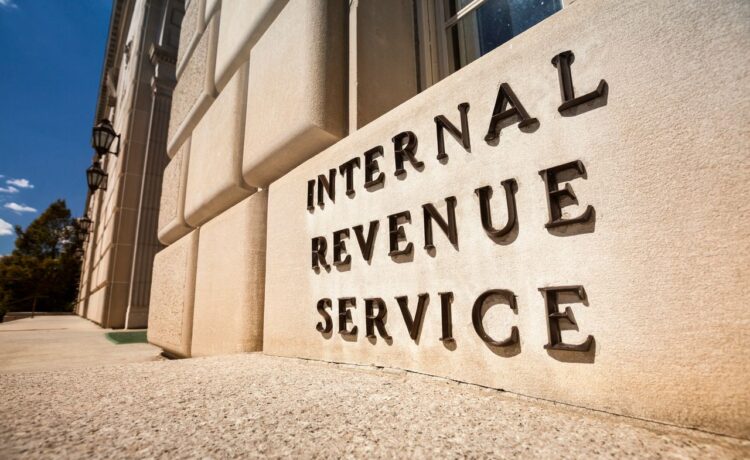Receiving an IRS notice or demand for payment letter can be intimidating, but it’s important not to panic. In this beginner’s guide, we’ll explain what you need to know to understand and respond to an IRS notice and demand for payment letter.
What is an IRS Notice or Demand for Payment Letter?
An IRS notice or demand for payment letter is a letter sent by the Internal Revenue Service (IRS) to inform you of a tax-related issue. This could include anything from a change in your tax return to a request for payment of taxes owed.
Types of IRS Notices and Letters
There are many different types of IRS notices and letters, but some of the most common include:
- CP2000: This notice is sent when the IRS has found a discrepancy between the income and deductions reported on your tax return and the information they have received from third-party sources, such as your employer.
- Letter 1058: This is a demand for payment letter, which is sent when you have unpaid taxes.
- Letter 6173: This is a notice sent when the IRS has reason to believe you are not complying with U.S. tax laws.
How to Respond to an IRS Notice or Demand for Payment Letter

If you receive an IRS notice or demand for payment letter, here are some steps you should take:
- Read the letter carefully: Make sure you understand what the IRS is requesting and any deadlines for response.
- Gather your documentation: If the notice or letter pertains to your tax return, gather all relevant documentation, such as receipts, bank statements, and tax forms.
- Consult with a tax professional: If you’re unsure how to respond to the notice or letter, consult with a tax professional or attorney who specializes in tax law.
- Respond promptly: Make sure you respond within the timeframe specified in the notice or letter. Failure to respond could result in additional penalties or interest charges.
Conclusion
Receiving an IRS notice or demand for payment letter can be stressful, but it’s important to respond promptly and accurately. Understanding the different types of notices and letters you may receive from the IRS and knowing how to respond can help you avoid additional penalties and interest charges. If you’re unsure how to respond to an IRS notice or demand for payment letter, don’t hesitate to seek professional guidance.







